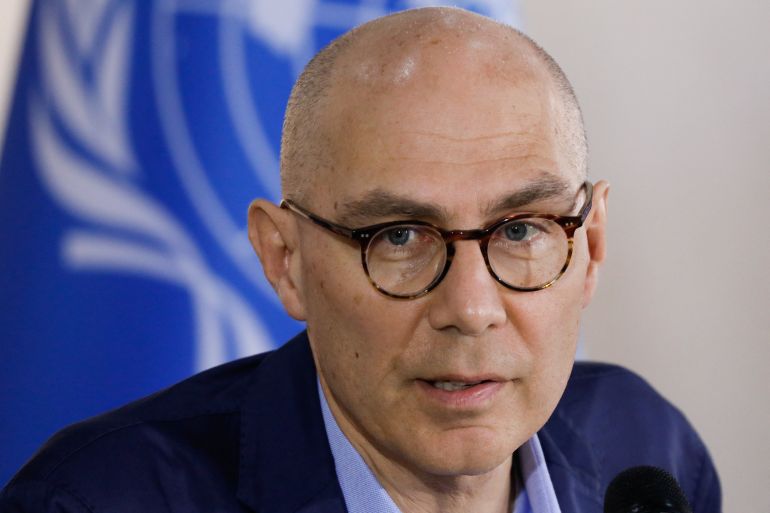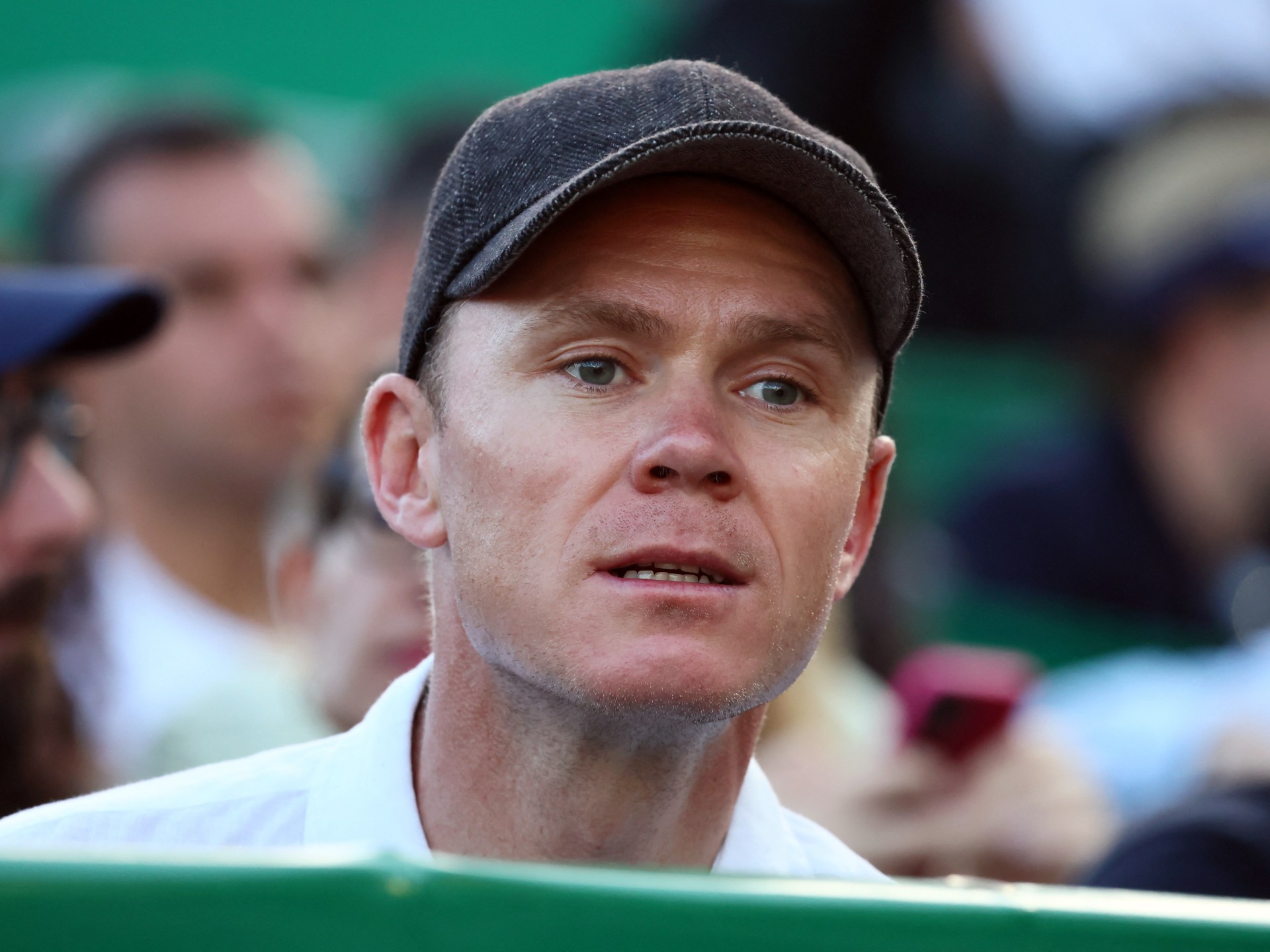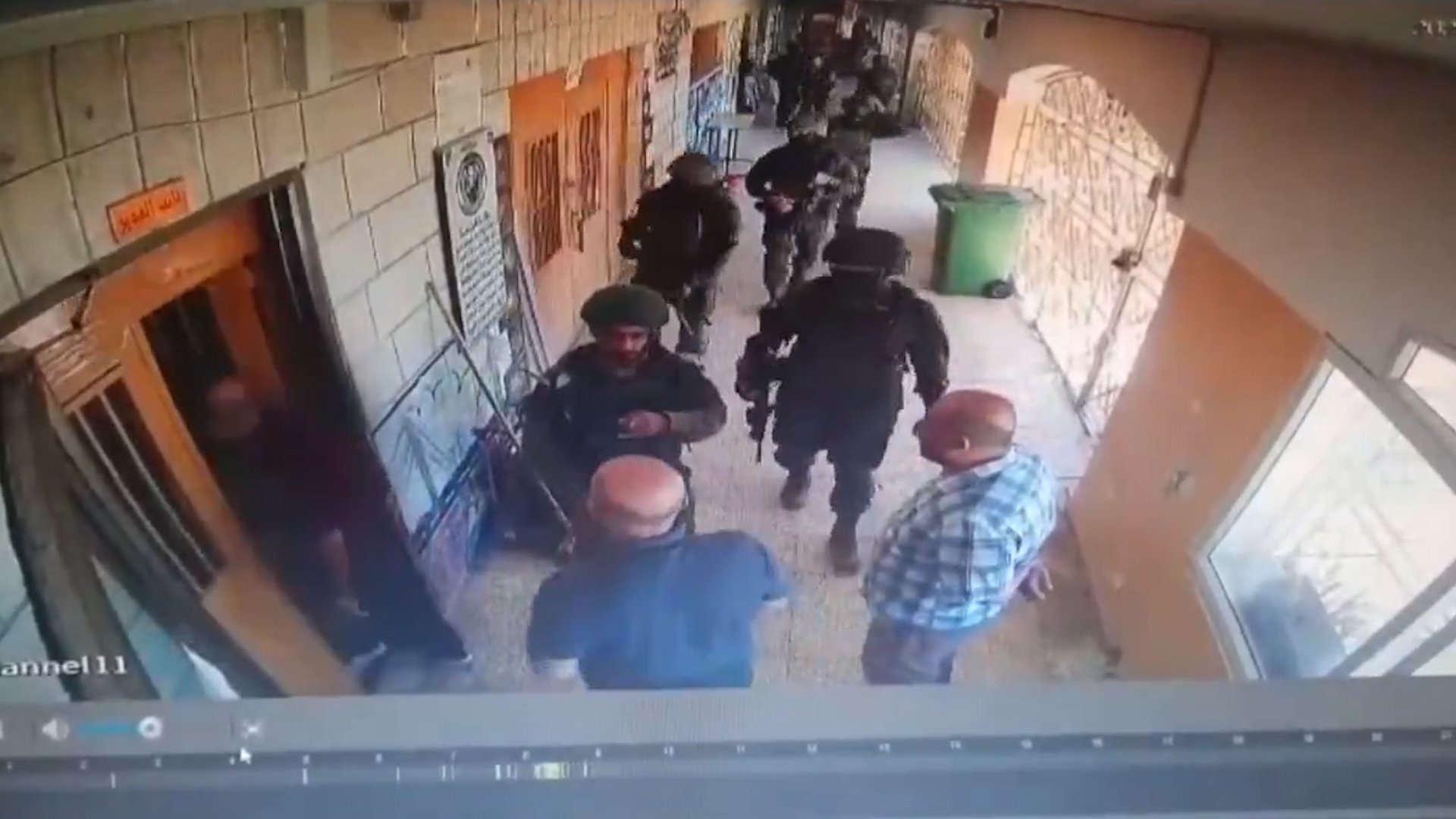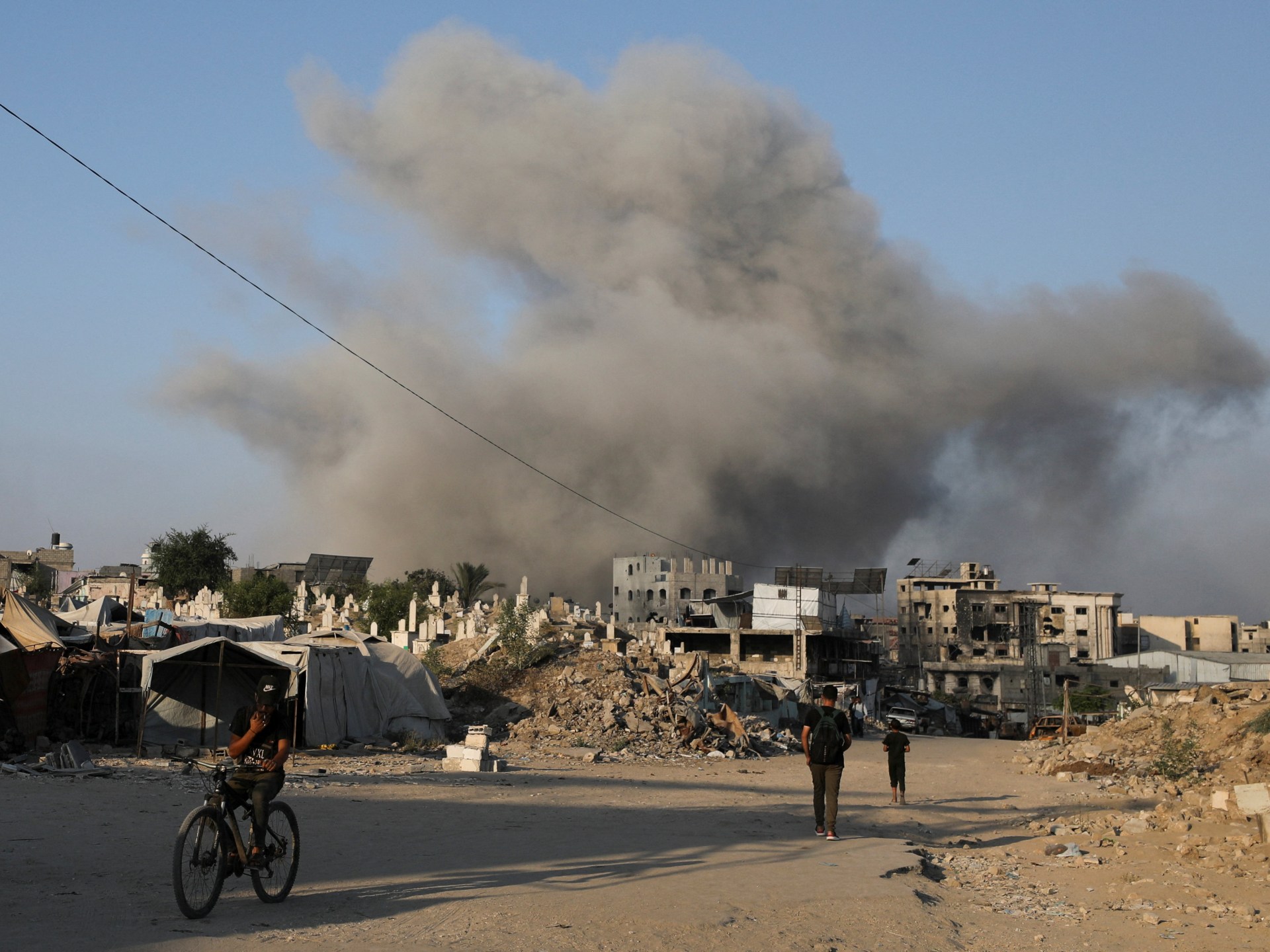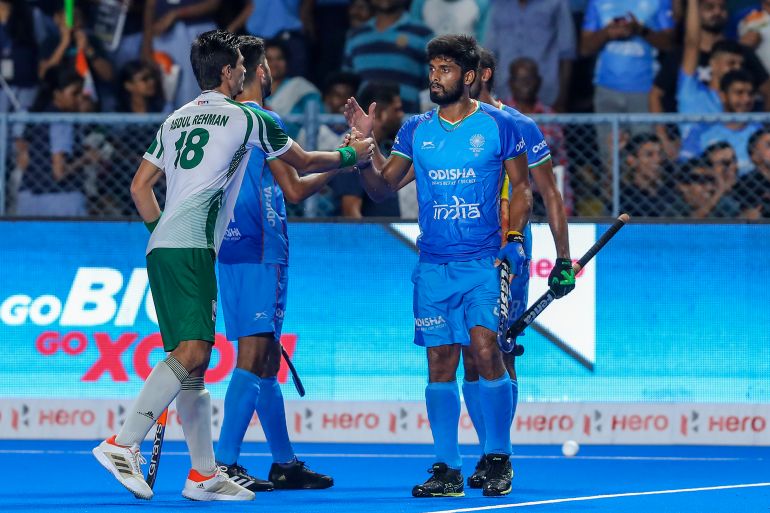The changes are necessary to combat “visa abuse,” according to the Department of Homeland Security (DHS) on Wednesday, and give the government more flexibility to “vet and supervise” foreign visa holders.
A spokesperson for the unnamed DHS said in a news release that “for too long, previous administrations have allowed foreign students and other visa holders to remain in the United States virtually indefinitely, posing safety risks, costing untold amounts of taxpayer dollars, and disadvantaging U.S. citizens.”
The Trump administration is attempting to impose stricter restrictions on all forms of immigration with the proposed time caps.
F visas for students, which are limited to four years, J visas for cultural exchange, which are also four years, and I visas for reporters, which are only allowed to stay for 240 days and have a four-year extension, are the three different types of visas that are affected.
China’s journalists would only have 90 days to travel there.
Student visas have typically been issued for the duration of an academic program up until this point. However, the proposal on Wednesday sparked concerns that the time restrictions could cause harm to foreign students.
A typical undergraduate university program in the US lasts four years, but some PhD programs can last longer. The length of time it takes to earn an academic diploma can also be affected by research opportunities, changes in degree paths, and other factors.
Foreign students are frequently charged more than their American counterparts, which adds up to a significant portion of the funding of US higher education.
In the US in 2024, there were 1.6 million foreign students studying with an F visa.
However, the Trump administration claimed that foreign students were using their visas to stay indefinitely.
In its news release, the DHS claimed that “foreign students have taken advantage of US generosity and have become “forever” students who are enrolled in higher education while residing in the US.
The Trump administration has aimed to increase government scrutiny of foreign students. Additionally, it announced earlier this year that all student visa applications would be temporarily suspended. The administration stated it would increase monitoring of social media activity while the application process was being reviewed when appointments first started in June.
Since Trump’s second term in office ended in January, thousands of student visas have also been suspended.
Some of the student activism, such as pro-Palestine protests, has resulted in their resignations.
In one instance, the administration detained and threatened to deport a PhD student from Turkey named Rumeysa Ozturk after she co-authored an editorial in which she wrote that called for her campus to cut ties with Israel in the wake of the country’s devastating conflict in Gaza.
Ozturk was released from an immigration detention facility in May after a legal dispute, but her case is still pending and she is still at risk of being deported.
